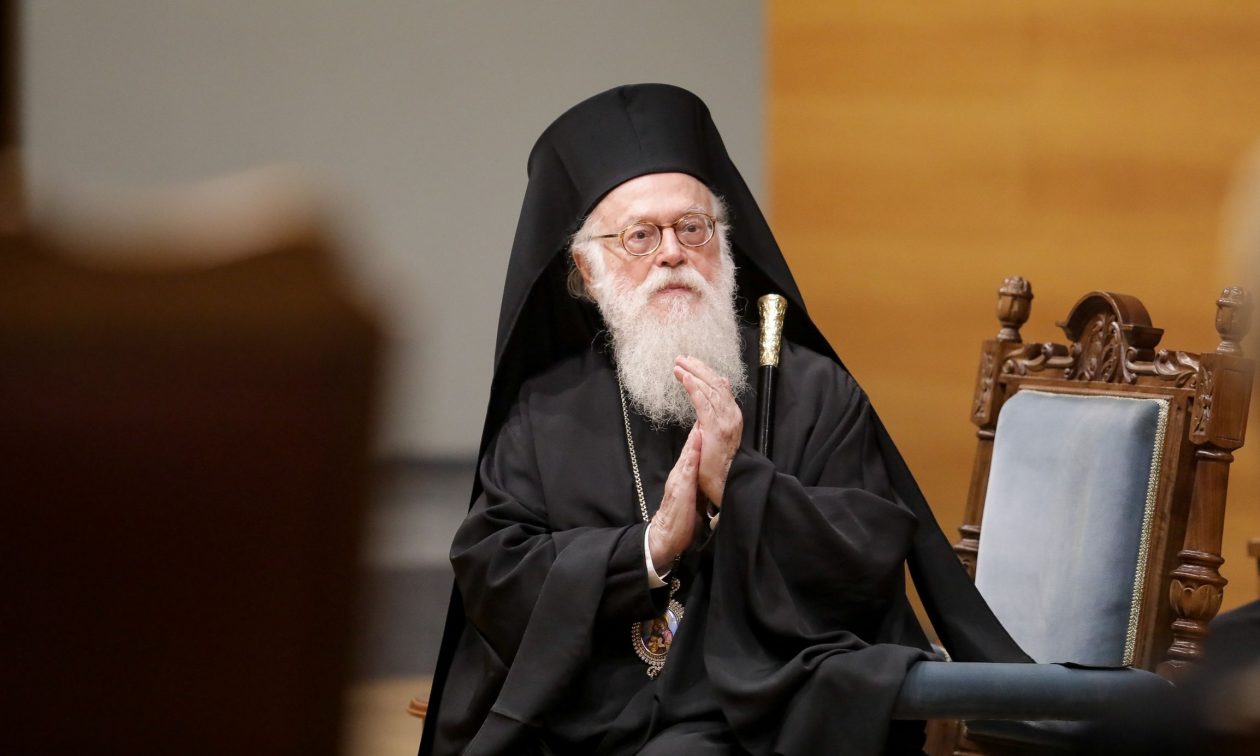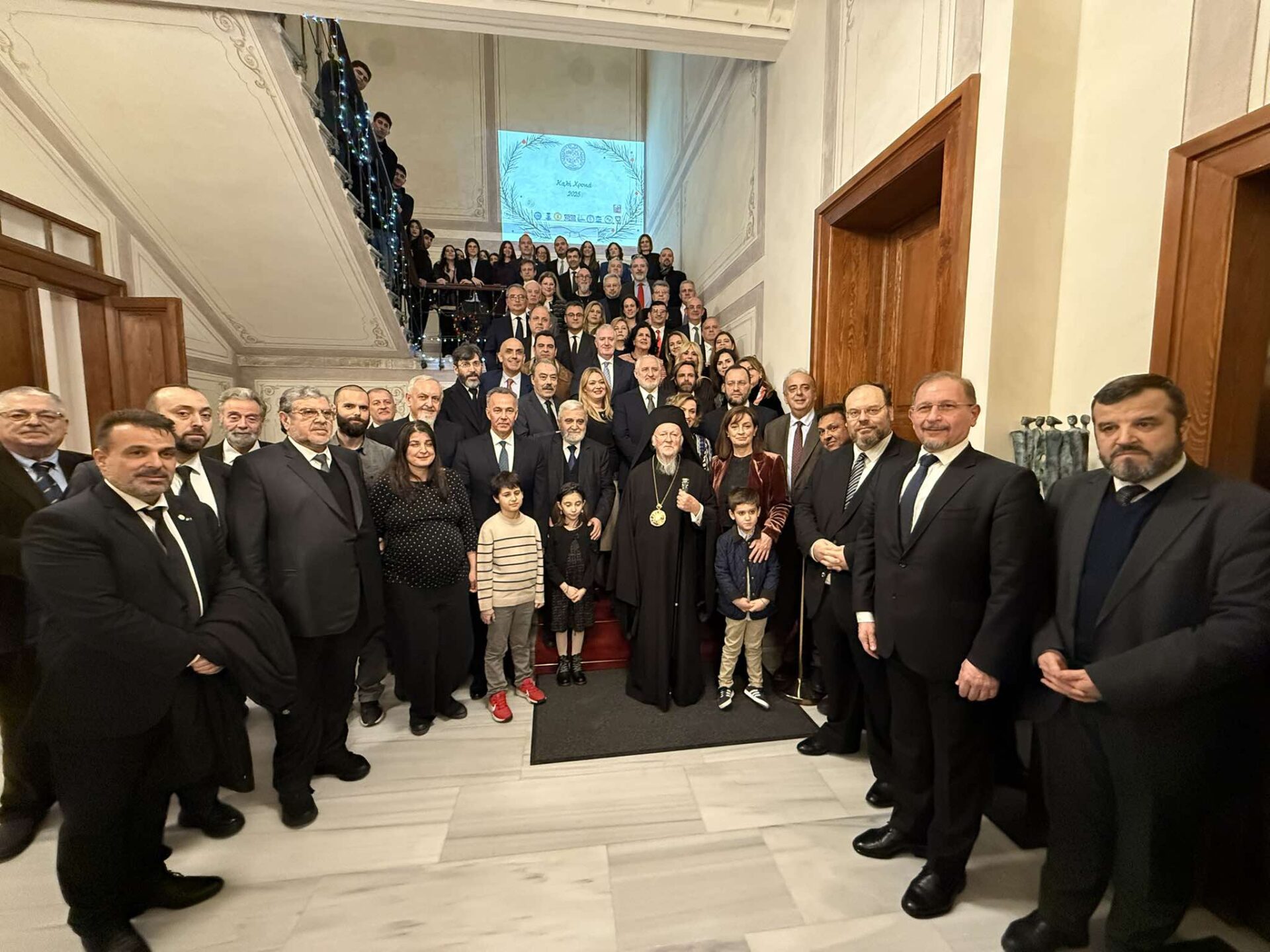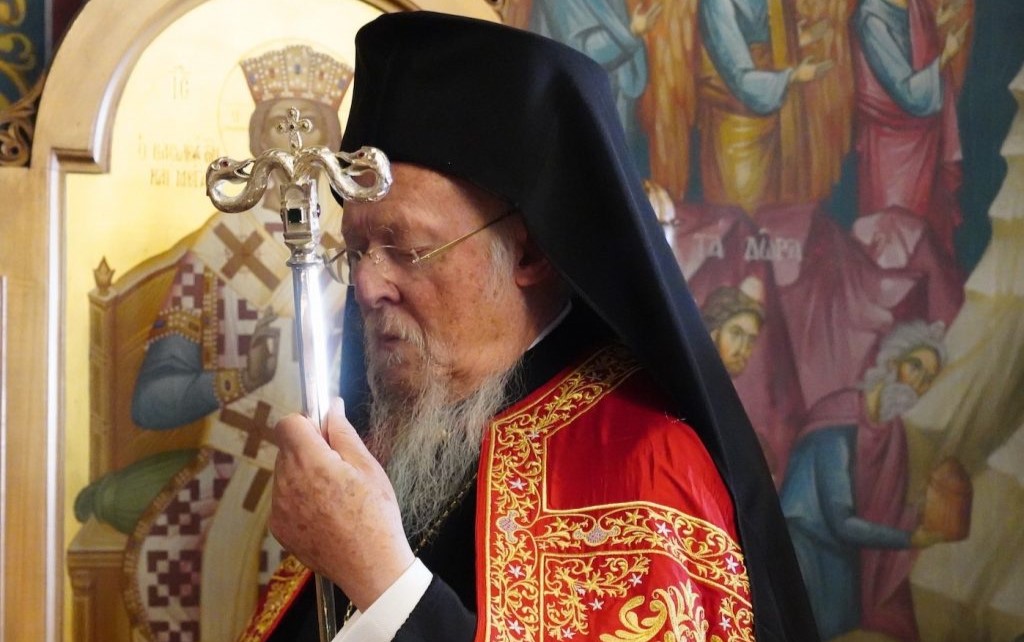Venerating the Cross of Christ
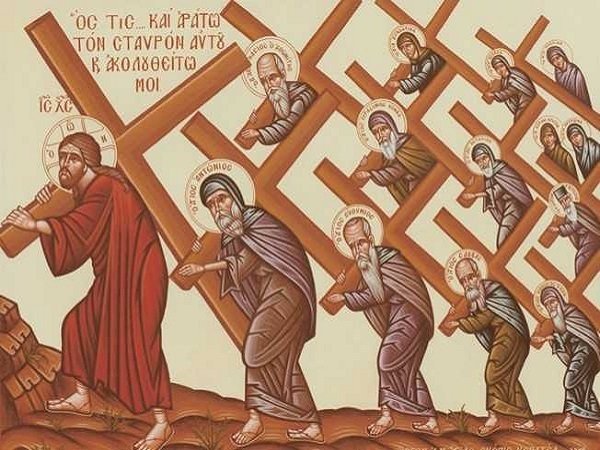

In the middle of Great Lent, on the third Sunday, the Church displays the Cross of Christ for veneration by the faithful and so that they can be strengthened in their continuing spiritual battle, which will bring them to Great Week and Easter. On this Sunday, the Gospel reading is the following words of Christ, which he addressed to his disciples soon after he’d informed them of his imminent crucifixion. ‘
Whoever wants to be my disciple must deny themselves and take up their cross and follow me. For whoever wants to save their soul will lose it, but whoever loses their soul for me and for the gospel will save it. What good is it for someone to gain the whole world, yet forfeit their soul? Or what can anyone give in exchange for their soul? If anyone is ashamed of me and my words in this adulterous and sinful generation, the Son of Man will be ashamed of them when he comes in his Father’s glory with the holy angels’. And then he said to them, ‘Truly I tell you, some who are standing here will not taste death before they see that the kingdom of God has come with power’.
These words are important, but also a weight for those who wish to be disciples of Jesus. Since the Lord had to deal, not with glory, but with the cross and suffering, the fate of his disciples can’t be otherwise, provided, of course, that they wish to be his disciples in reality, not merely in name. Disciples in the broader senses of the term, that is, Christians who follow the Lord Jesus Christ consciously and faithfully.
There’s no coercion in Christ’s teaching. We can choose the way of the cross freely, having first weighed up the difficulties and having decided to take on the responsibilities: ‘Whoever wants to be my disciple must deny themselves and take up their cross and follow me’. This denial of our self and the shouldering of the cross are the basic requirements if we’re to follow Christ. Denial of our self means: you abandon your legitimate and just demands, the natural and justifiable desires that your ego has in life. You deny the security of a comfortable life in order to plunge into what, in secular terms, are the uncertainty and insecurity involved in following Christ on his dolorous path. As we all know, pragmatic people seek order and security, the avoidance of any thought of death and the extension of life at any price.
But, using an argument which is strange for human reason, Christ teaches that our life is gained only when it’s lost. Sacrifice of life leads to life as it really is. In these words of his, Christ uses the word ‘soul’ in two meanings: one is ‘biological life’; the other is eternal life, which is a gift of God. Those who desire real life must sacrifice the easy life of the world.
These words presuppose or foresee conditions of persecution, when it might be possible for people to be afraid and to deny their faith, which would result in the loss of real life. But the words don’t lose their significance even if there is no prospect of persecution. It’s obvious that when people compromise with the forces of life in the world and make themselves at home in the security of organized society, they aren’t faced with the prospect of persecution, suffering or the sacrifice of their life.
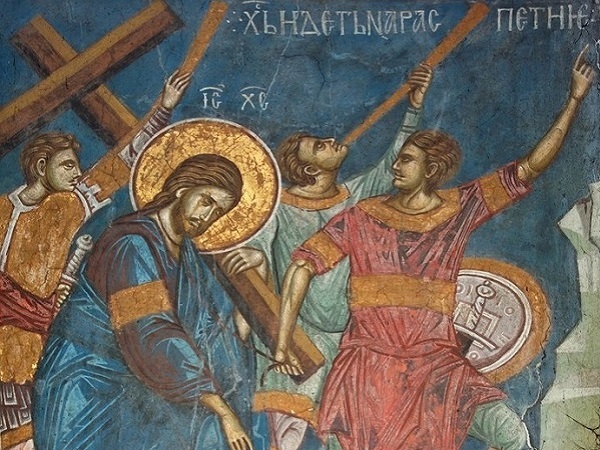

But under what circumstances can people today talk about the cross and martyrdom? Perhaps these are heroic realities from the Church’s past. Meaningful Christianity isn’t merely a historical past, but can also be the living present. In a world of lapsed values, you can believe in the values of faith if you align yourself with truth against the normality of lying; if, when everyone else is doing their best to satisfy themselves, you don’t betray your principles, even at the risk of personal injury or loss of position; if, when other people give rational explanations from a secular point of view, your own heart is warmed by the hope of the resurrection. Then you’re a true disciple of Jesus, following him on the path of sacrifice.
All of this, which seems impossible to ordinary people, becomes reality in the realm of the grace of God, which regenerates and changes people into ‘a new creation’.
This Gospel reading sends us a message of voluntary self-denial, not for any other reason, but only for the sake of Christ and the Gospel. The heroes of the faith and the saints of our Church aren’t simply figures from the distant past. They can be living reality in our own times.
The reading ends with the certainty of the dynamic presence of the kingdom of God. This is what gives Christians the potential to put all the above into effect. And the kingdom of God isn’t just a vision for the future but is also a present reality, the chance for us to experience the future fulness of God’s kingdom even in the present.
Professor Karavidopoulos mentions his interpretation of ‘soul’ as biological and/or eternal life. This is an interesting view, but the Greek, Latin and Old Church Slavonic texts all use ‘soul’, with no reference to biological life. He also points out the opportunity for us to experience the future fulness of God’s kingdom even now. This is precisely the meaning of the Greek text. Bibles in English usually, if not always, have: ‘some who are standing here will not taste death before they see that the kingdom of God has come with power’. In the original Greek, the last two words form a standard expression which has to do with potential and the meaning is much more that they will get a glimpse of the fulness of the kingdom. And, indeed, six days after Jesus spoke these words, he took Peter, James and John with him and they witnessed the presence of Moses, Elijah and the uncreated light- a foretaste, as it were, of the kingdom. It is interesting that the dismissal hymn for the feast of the Transfiguration says that Christ showed his disciples his glory ‘as far as it was in their power’ to perceive it. Again, not the fulness, but a foretaste in the present of what will be seen more completely in the future [WJL].
Source: www.agiazoni.gr


